Macau (July 2023)
City view from Fortaleza do Monte
Macau, or rather the Macao Special Administrative Region of the People's Republic of China, is a former Portugese colony and its unique city centre, a mix of Portuguese and Chinese architecture, has been on the UNESCO World Heritage List since 2005. It’s a truly fascinating place, with two-thirds of the total land area reclaimed from the sea (its land area has tripled in the last century from just over 10km2 to under 33km2 as of 2018 (from Wikipedia). It’s connected to Hong Kong by Hong Kong-Zhuhai-Macau Bridge, a 55 km long bridge tunnel opened in 2018, which is the longest sea crossing and the longest open-sea fixed link in the world (mind-blowing from the architectural point of view, utterly devastating for the Hong Kong population of pink dolphins who live in that exact area).
Macau, thanks to its SAR status (gambling is strictly prohibited in Mainland China), is also known as the gambling capital of the world. There are 41 casinos - as of 2019 - in this tiny city (again, its total area is just under 33 km2!) and the gambling industry is seven times larger than that of Las Vegas. Macau has one of the highest per capita incomes in the world, which is rather surprising after seeing the state of most buildings in the city. We won’t be going into more detail here but it’s well worth reading about this interesting place!
Hac Sá Long Chao Kok Coastal Trail
Apart from visiting the main tourist attractions, we - obviously! - set out on an adventure in search of the scarce wildlife. Macau is a tiny place and its green areas are rather limited. We did manage to spot a few creepy crawlies though, mostly jumping spiders with Kelawakaju frenata being the most common species for us, and even a couple of snake species (Trimeresurus albolabris and Bungarus multicinctus) on our night walk.
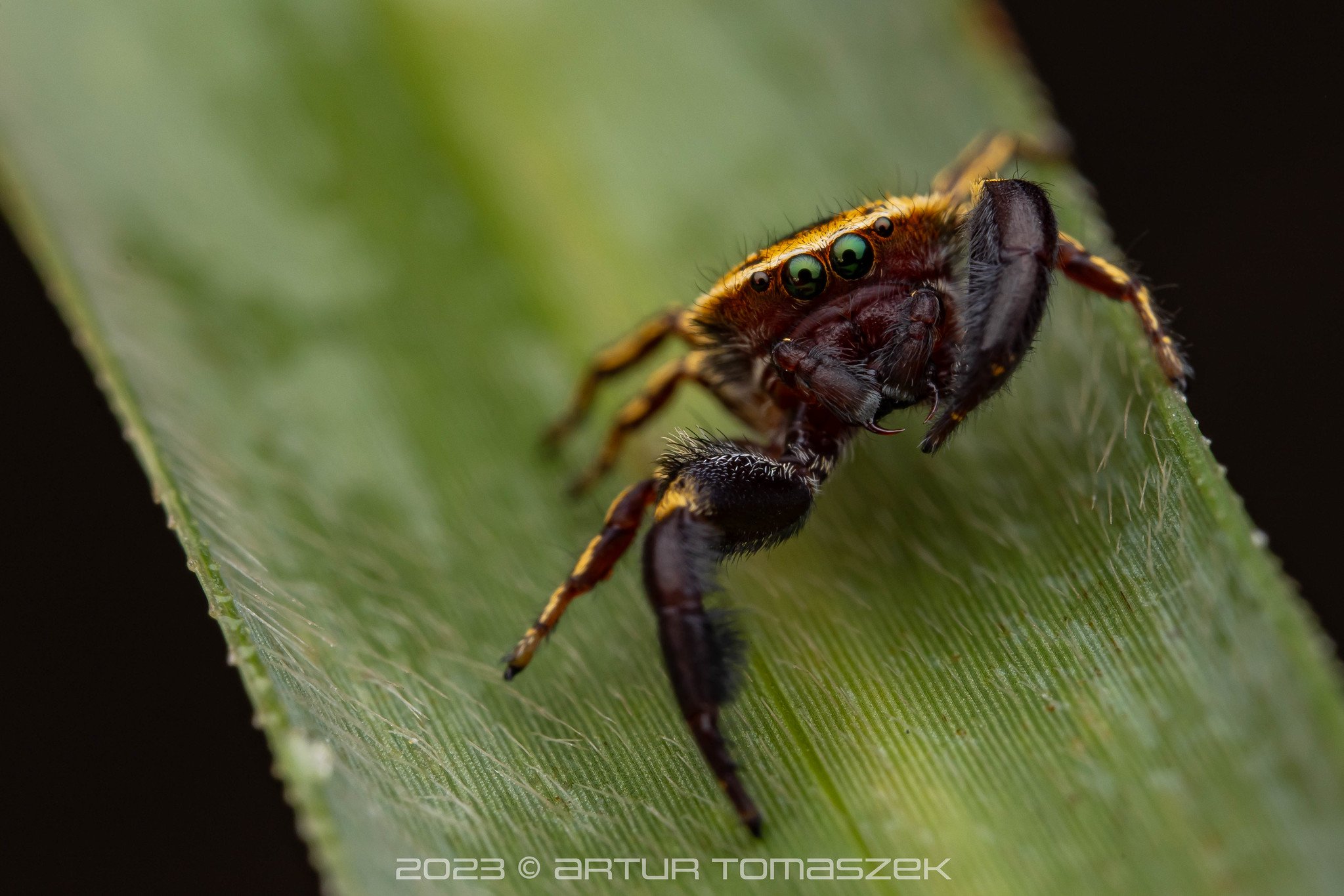
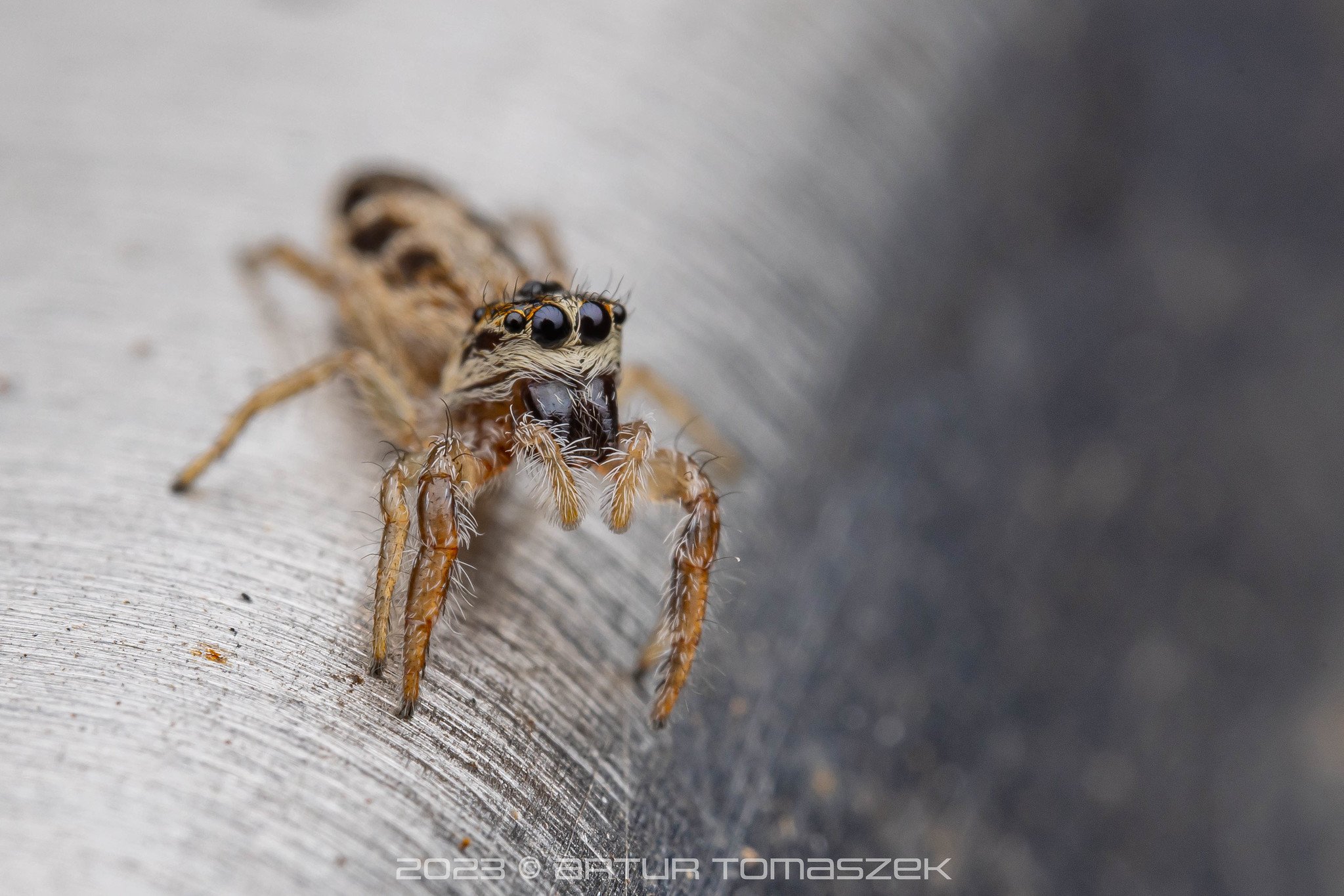
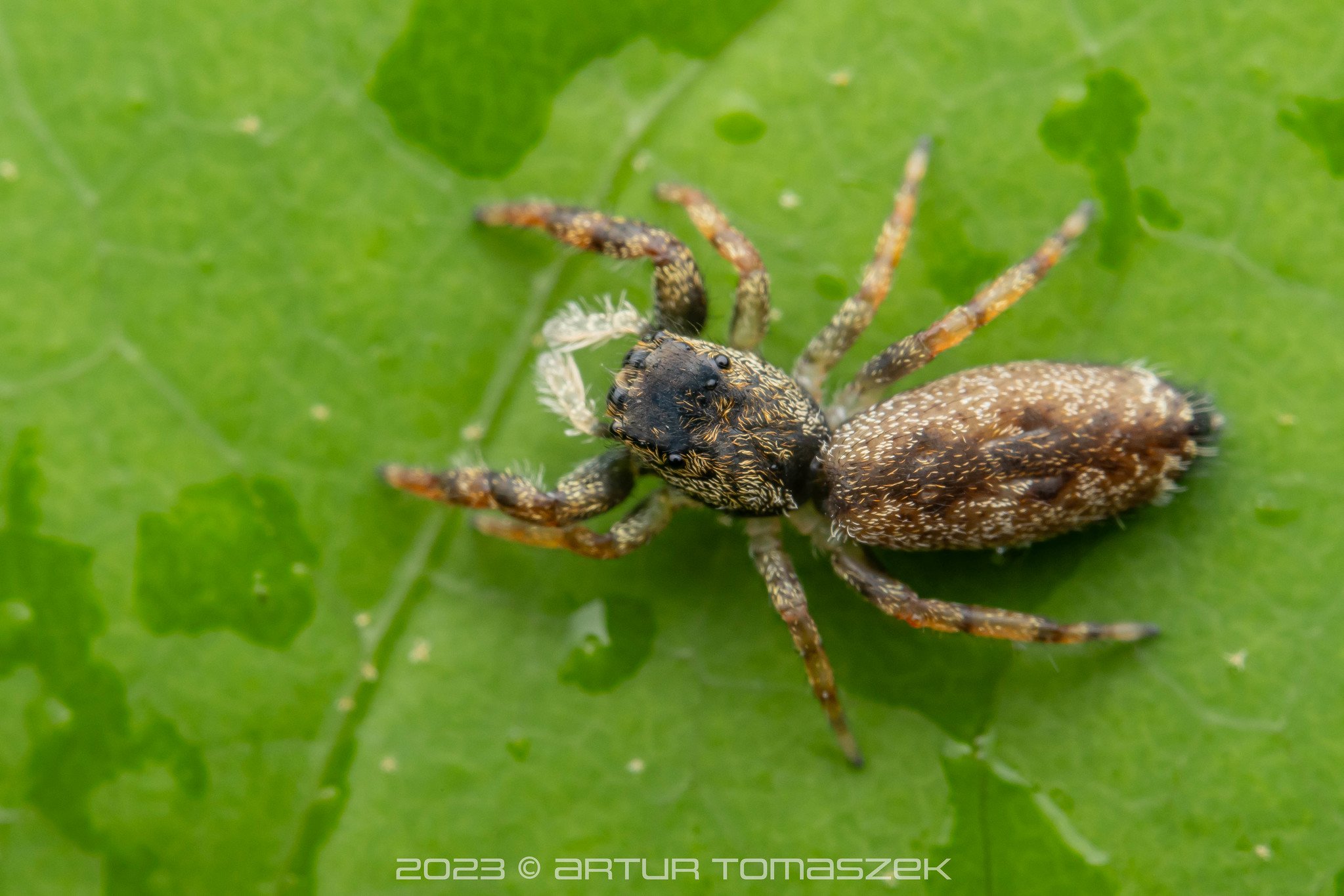
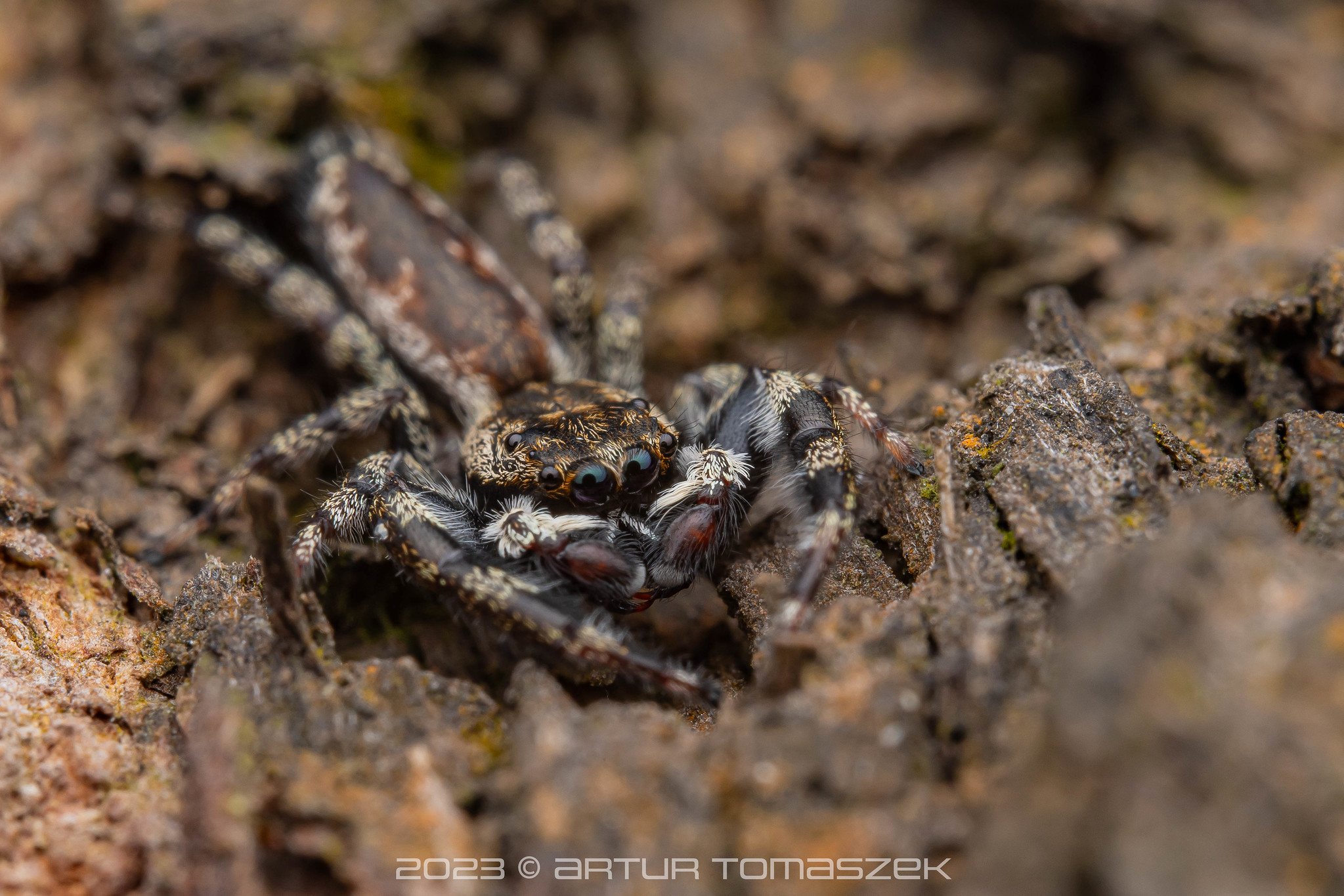
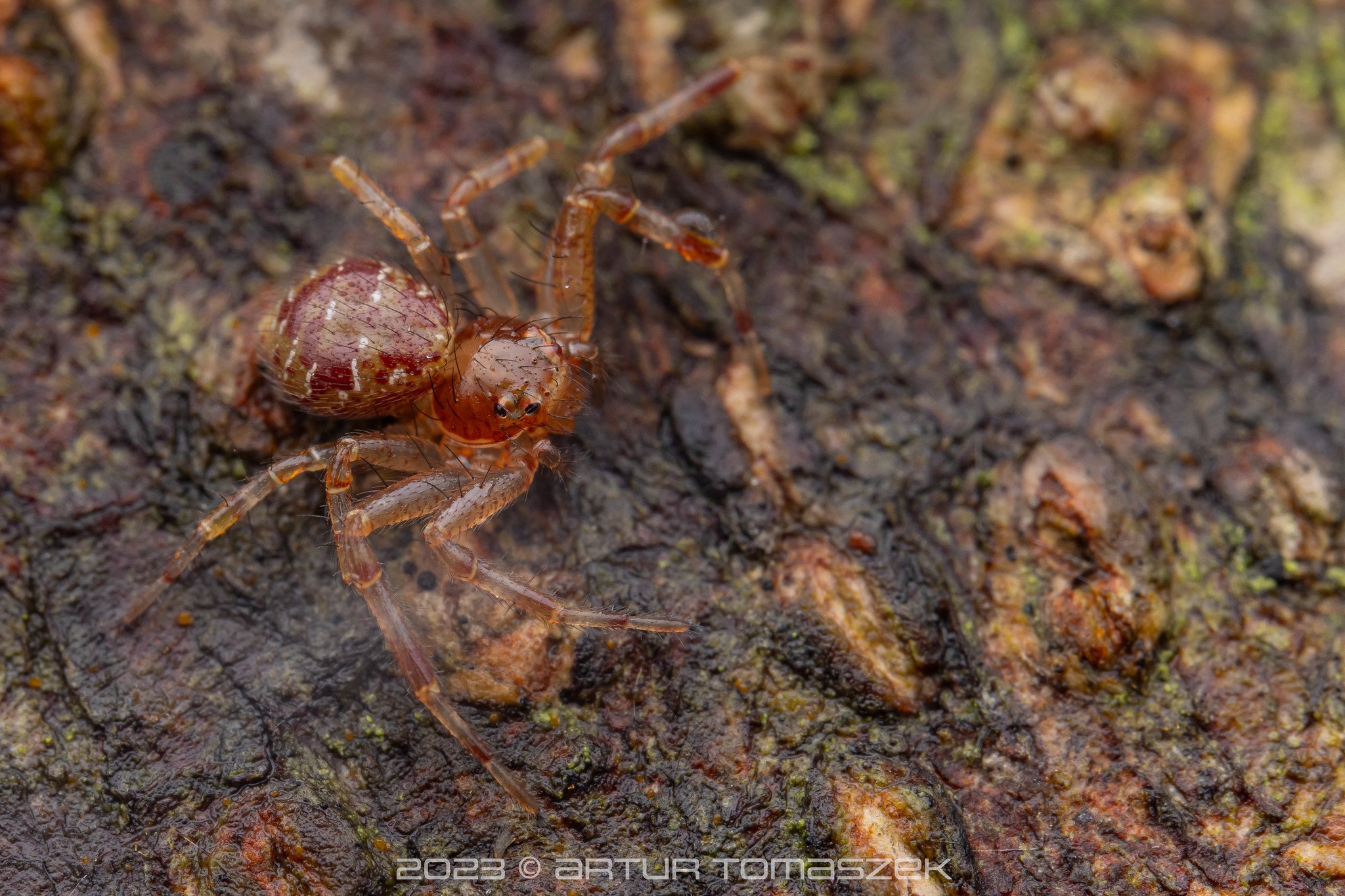
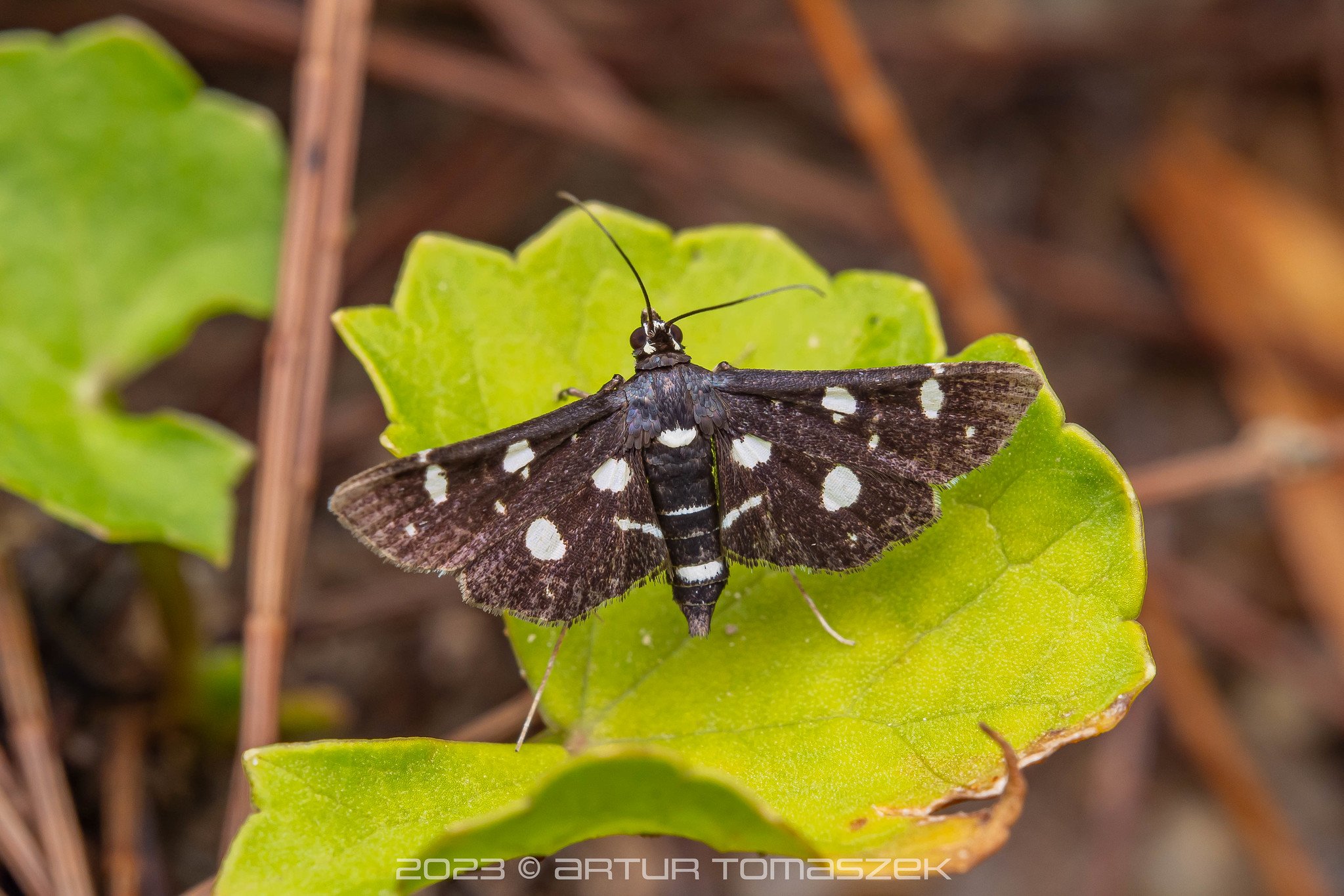
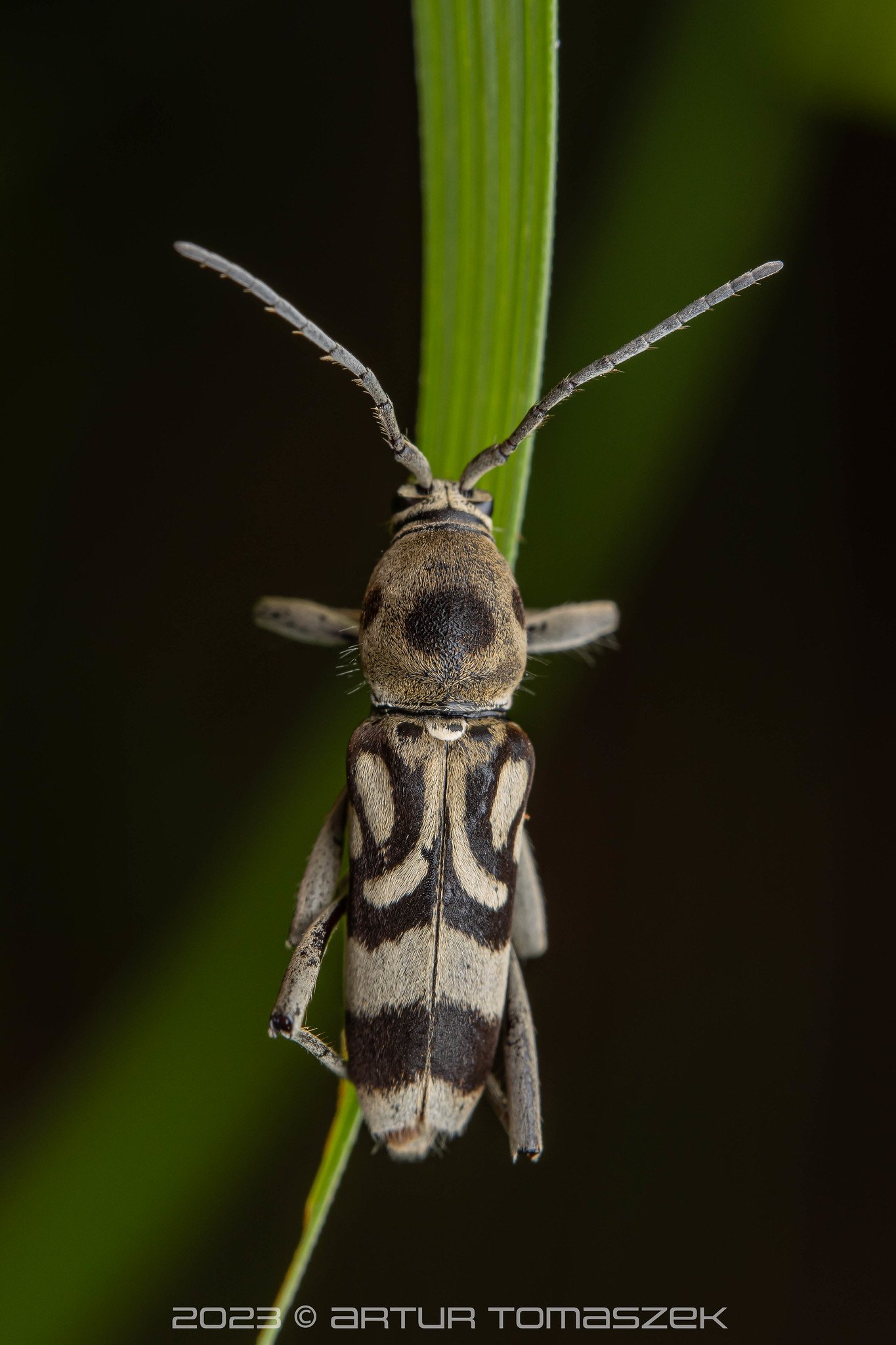
Juvenile Trimeresurus albolabris
Trimeresurus albolabris
Bungarus multicinctus
Duttaphrynus melanostictus
Although Macau definitely isn’t a prime herping destination, it just proves even cities seemingly deprived of nature may still have a few gems hiding within their parks, no matter how small.




